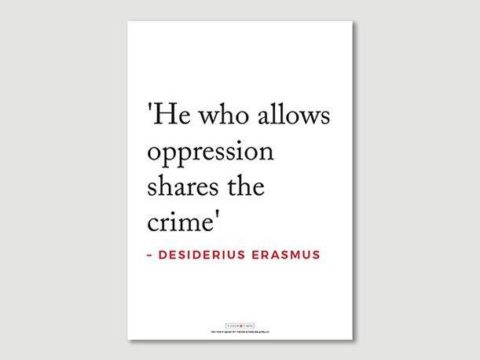Thomas Wolsey: Life Story
Chapter 4 : Wars and Alliances (1513 – 1515)
Wolsey really came to the fore in 1513. In that year, Henry embarked on a huge campaign in France, in alliance with his father-in-law, Ferdinand of Aragon and the Holy Roman Emperor, Maximilian. A previous campaign in 1512, led by Wolsey's erstwhile pupil, Thomas Grey, now 2nd Marquess of Dorset, had ended in abject failure, blamed by Ferdinand on English incompetence.
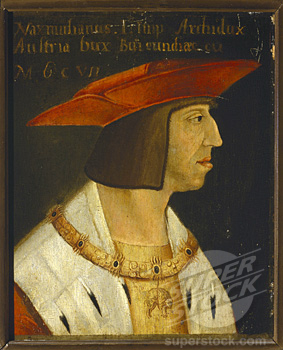
Whilst there were major problems with supplies, equipment and dysentery in the English army, part of the blame should lie with Ferdinand, who cared as much about Henry's claim to be King of France as he would have cared about a claim to be Emperor of China, and had used the English attack to divert the French, whilst scooping up his ultimate goal of the Kingdom of Navarre and then independently making peace with Louis XII.
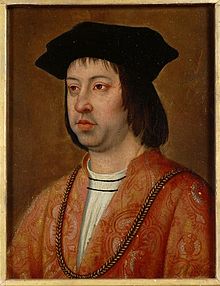
In 1513, however, there was to a multi-pronged attack. Wolsey was in charge of the organisation of men and supplies. This was his chance to shine, and he took it, although he still consulted with Richard Foxe, Lord Privy Seal and his earlier mentor.
The previous French campaign had been ill-armed, so thousands of suits of armour were ordered from Italy, heavy artillery was bought from Flanders and gun-powder was made in quantity and stored at the Tower of London, Southampton and Calais. At this point, Wolsey's previous knowledge of Calais must have proved enormously useful – the materiel was collected there in preparation for invasion. The pieces de resistance were twelve enormous cannon, known as the Twelve Apostles.
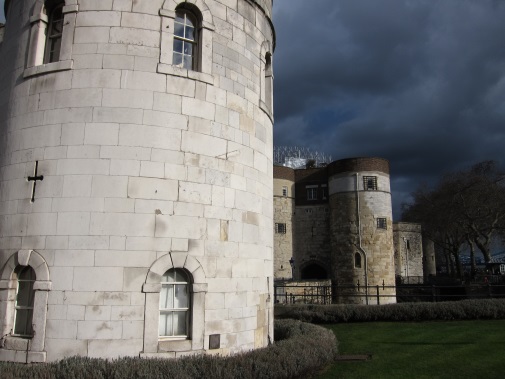
In anticipation of that later great general, Napoleon, Wolsey was aware that "soldiers march on their stomachs" and ordered the purchase and slaughter of 25,000 oxen (not forgetting to have money knocked off the deal for the return of the non-meat products). Even Englishmen could not march on beef alone, so malt, beans, oats and lamb were also procured.
Remembering that Ferdinand and Maximilian both had a long history of double-crossing their allies, Wolsey kept up a spy network to remain abreast of their doings, whilst still finding time to organise medical services for the troops, and most important of all, a constant supply of beer.
With such a finely provisioned army, there was no room for indiscipline, and Wolsey drew up the Statutes of War – a list of dos and don'ts for soldiers, including strict injunctions against robbery, sacrilege, molestation of civilians (in particular, no soldier was to enter a house where a woman was in childbed), arson and gambling. In an article that has a very modern resonance, soldiers were forbidden from making jibes about each other's place of origin.
The cost of all of this preparation was enormous, and further increased by the English agreement to pay 100,000 crowns to maintain Maximilian's army. Parliament had voted supplies, but there were murmurings when the tax collectors came to the door.
Whilst Henry and Wolsey were surpassing themselves in preparations for war, Ferdinand was surpassing himself in treachery, signing another secret deal with France. On the Anglo-Scottish border, too, pressure was mounting, as James IV, Henry's brother-in-law, declined to break off his alliance with France. James was in a difficult position, as he was in alliance with both countries, and at some point had to choose.
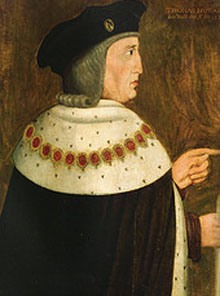
To deal with the Scottish threat, it was agreed, presumably by Henry, but with advice from Wolsey and Foxe, that Thomas Howard, Earl of Surrey, and his son, Lord Thomas Howard, would be left behind to repel any invasion from the north. It is apparent that the Howards wished to be involved in the main French campaign (another of Surrey's sons had been killed in a naval action off Brest, and they were keen for revenge).
It is perhaps from this banishment from the greatest force to head to France for a hundred years that the Howard antipathy to Wolsey can be dated – an antipathy that would play a significant part in his eventual downfall.
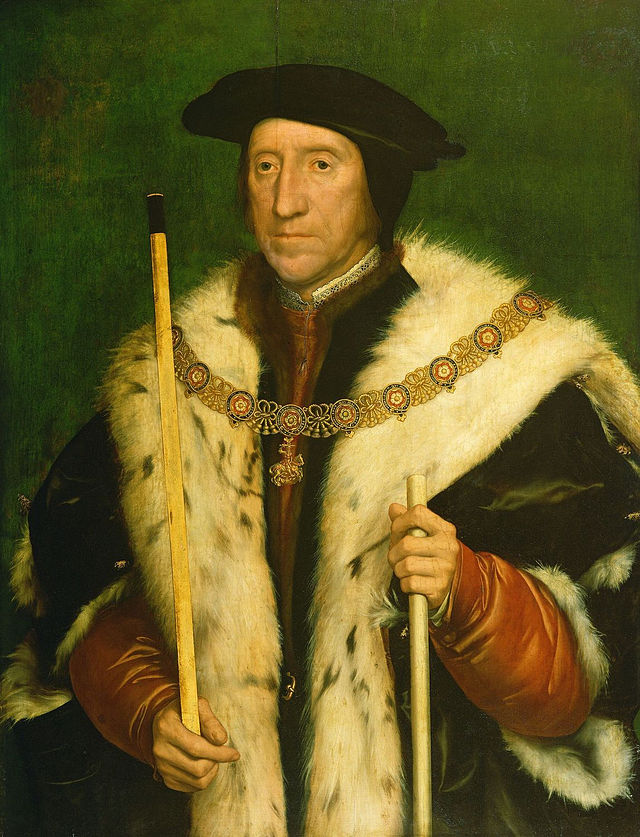
The campaign in France was successful, so far as it went. A couple of towns were captured, Therouanne and Tornai - the first territory won for sixty years. At the Battle of the Spurs the French cavalry were put to flight and some valuable prisoners, including the Duc de Longueville (1480-1516) were captured for ransom. Strategically, however, the towns were of far more benefit to Maximilian than they were to England, whilst the cost of the war had been huge.
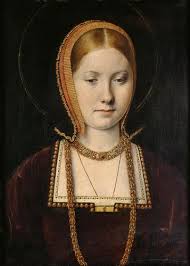
Throughout the campaign, Wolsey had been busy organising, directing, planning and enabling his master to make a splendid show with brightly caparisoned horses, chests of treasure and silver plate. His closeness to the King can be gauged by the fact that Queen Katharine, left as Regent in England, wrote to Wolsey frequently, as well as to her husband. She even went so far as to ask Wolsey to ensure the King had dry shirts as she thought him susceptible to colds. These wifely concerns were not the only thing on Katharine's mind.
James IV had decided in favour of his old ally France and had invaded. Surrey and his son, Lord Thomas Howard, were sent north whilst Katharine raised troops, got together what cash hadn't already been spent on the French adventure and headed north to meet her army. Before the Queen had passed Bedford, news of an overwhelming victory over the Scots king at Flodden reached her. James and a significant portion of his nobility were killed.
